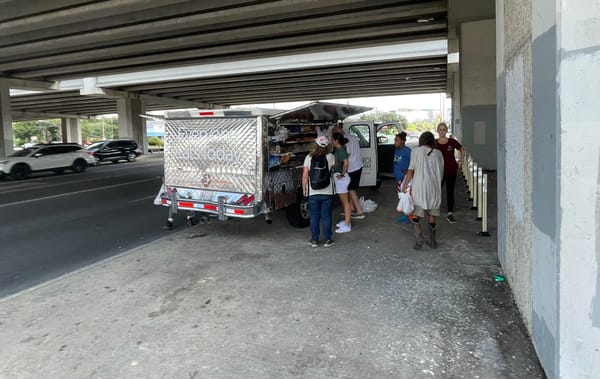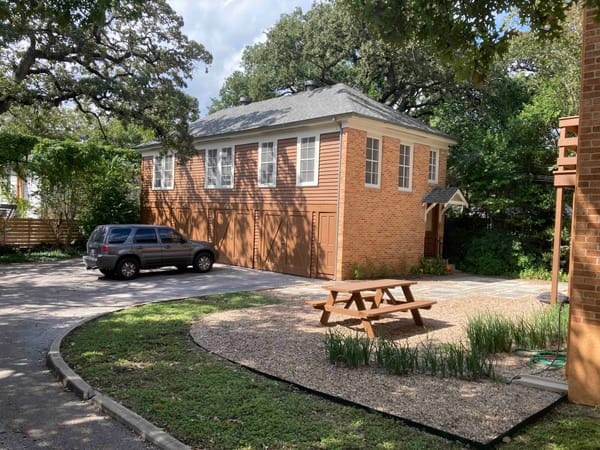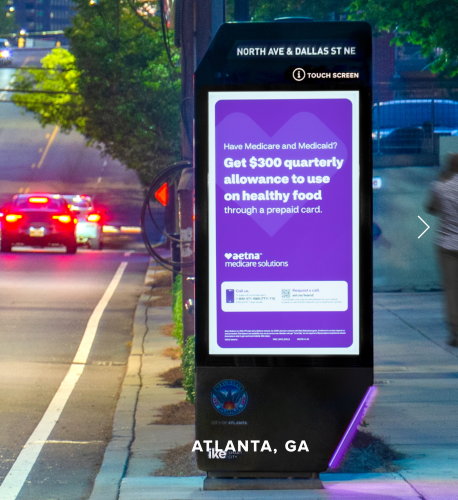Austin: the darling of YIMBYtown
The rents don't lie.
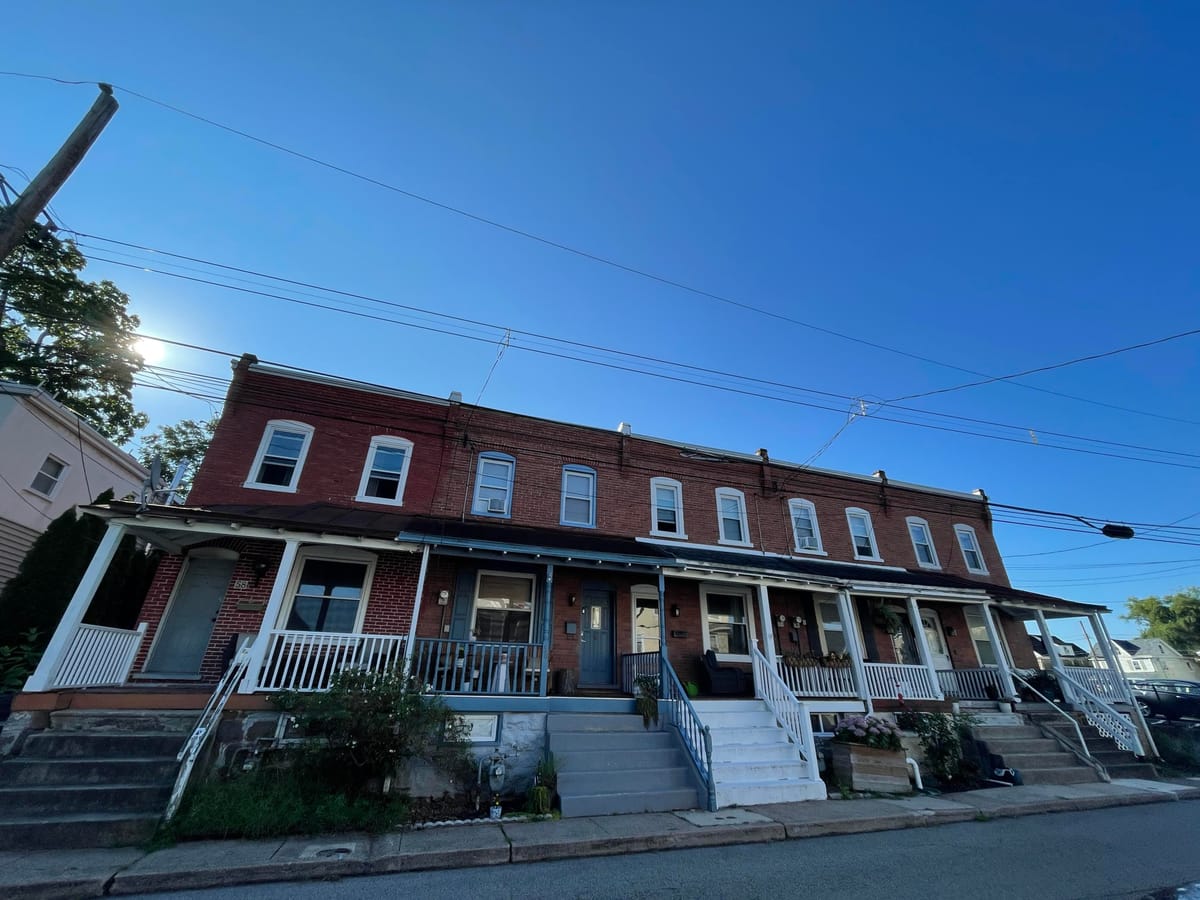
I'm here in New Haven, Conn., equipped with a press pass that got me free entry into the YIMBYtown conference.
Last year's YIMBYtown was in Austin, shortly after the adoption of HOME and a series of other land use reforms. The passage of those reforms also coincided with a big drop in rents, offering Mayor Kirk Watson a prime opportunity to boast to the assembled housing activists that Austin was showing America how to build homes.
Eighteen months later, Austin continues to come up at YIMBYtown panels as a shining example of housing supply. "If only San Francisco and New York would do what Austin has done" is a recurring theme.
Below is a chart from the presentation given by yesterday's keynote speaker, Daryl Fairweather, the chief economist for Redfin:
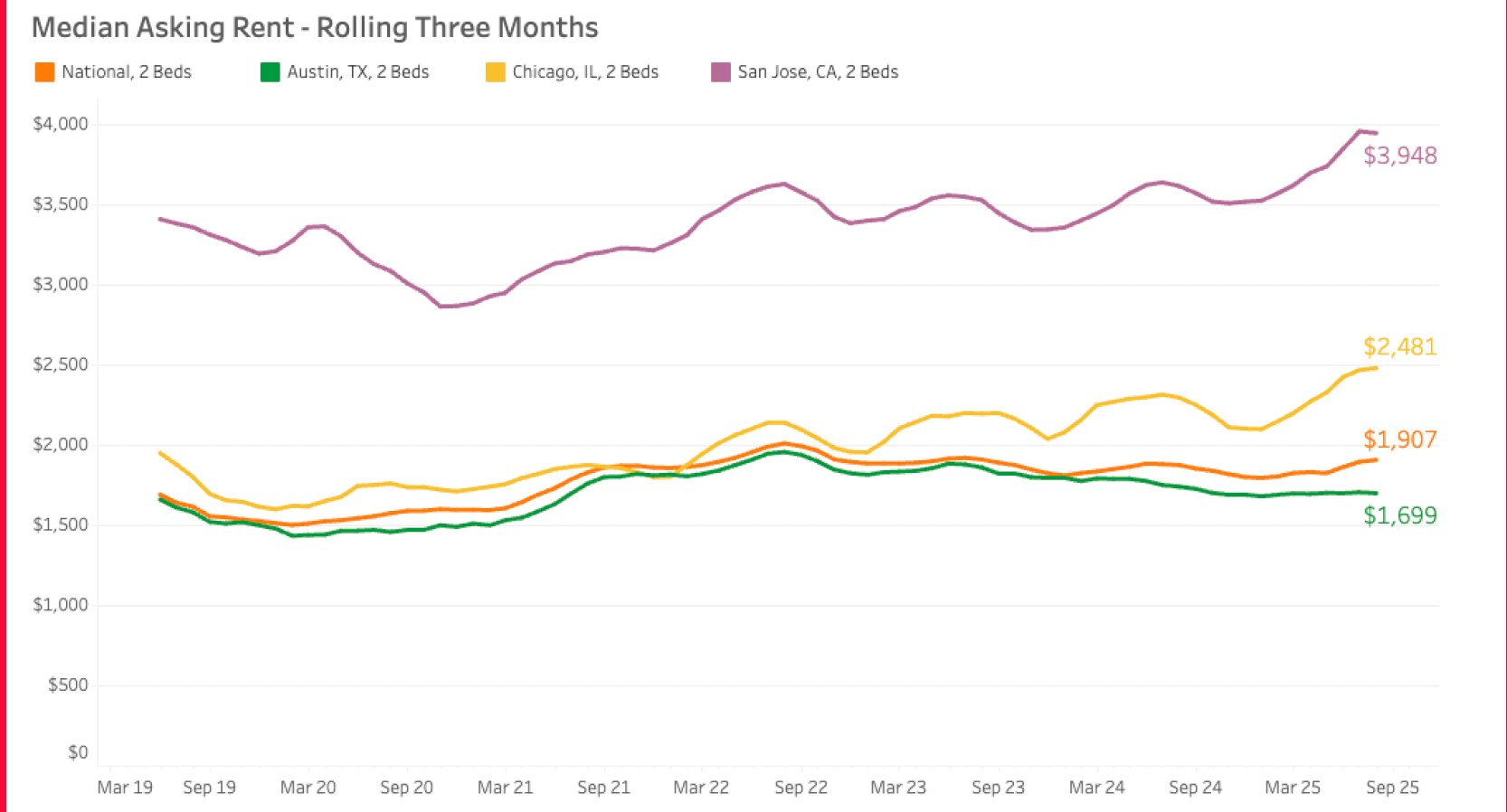
I have pointed out before and will continue to point out that while Austin's big drop in rents is definitely evidence that supply and demand exists, it's not necessarily a result of the much-touted zoning reforms approved by City Council. Most of the supply was built before those reforms were enacted and a lot of it was built on the outskirts of the city or outside of the city.
The fact is that it's not just Austin, but Texas overall, that proves the power of housing supply in reducing prices. Most of the new housing is not the kind that excites urbanists or environmentalists; it's mostly suburban sprawl. The problem in many blue states is that there are sharp restrictions on all kinds of housing – urban, suburban, exurban.
It wouldn't be far-fetched to argue that the refusal of big blue states to take action on housing is a major threat to American democracy. Gavin Newsom's California gerrymander will only temporarily offset Texas's gerrymander because of the Golden State's ongoing population decline. If population trends persist, Cali will lose four congressional seats (and four Electoral College votes) after the 2030 census, while Texas and Florida will each gain four.
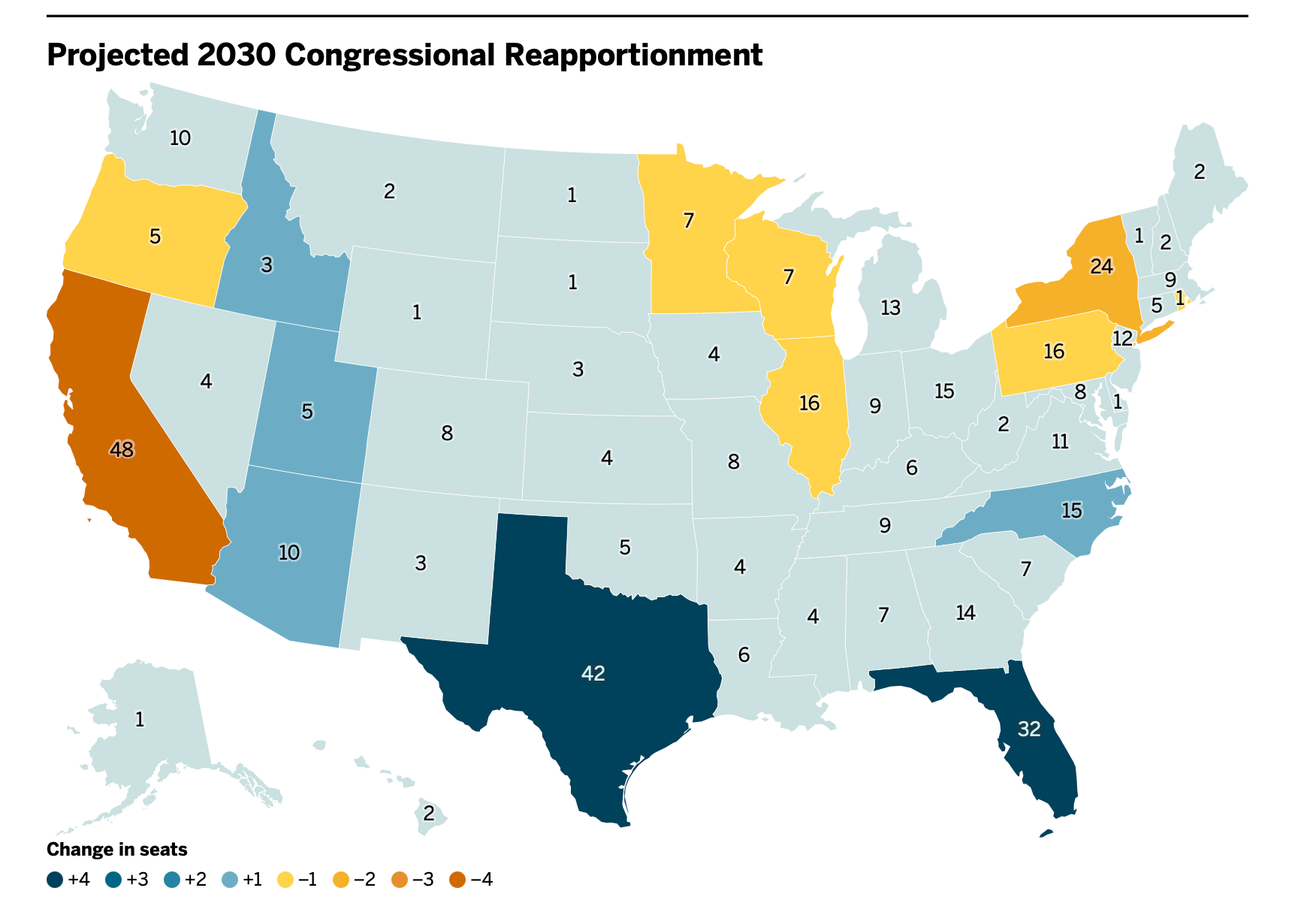
The only real hope for blue state political power in the absence of meaningful action on housing is the climate crisis. The states that are now growing the fastest also happen to extremely vulnerable to the effects of climate change, notably hurricanes, extreme heat and water shortages.
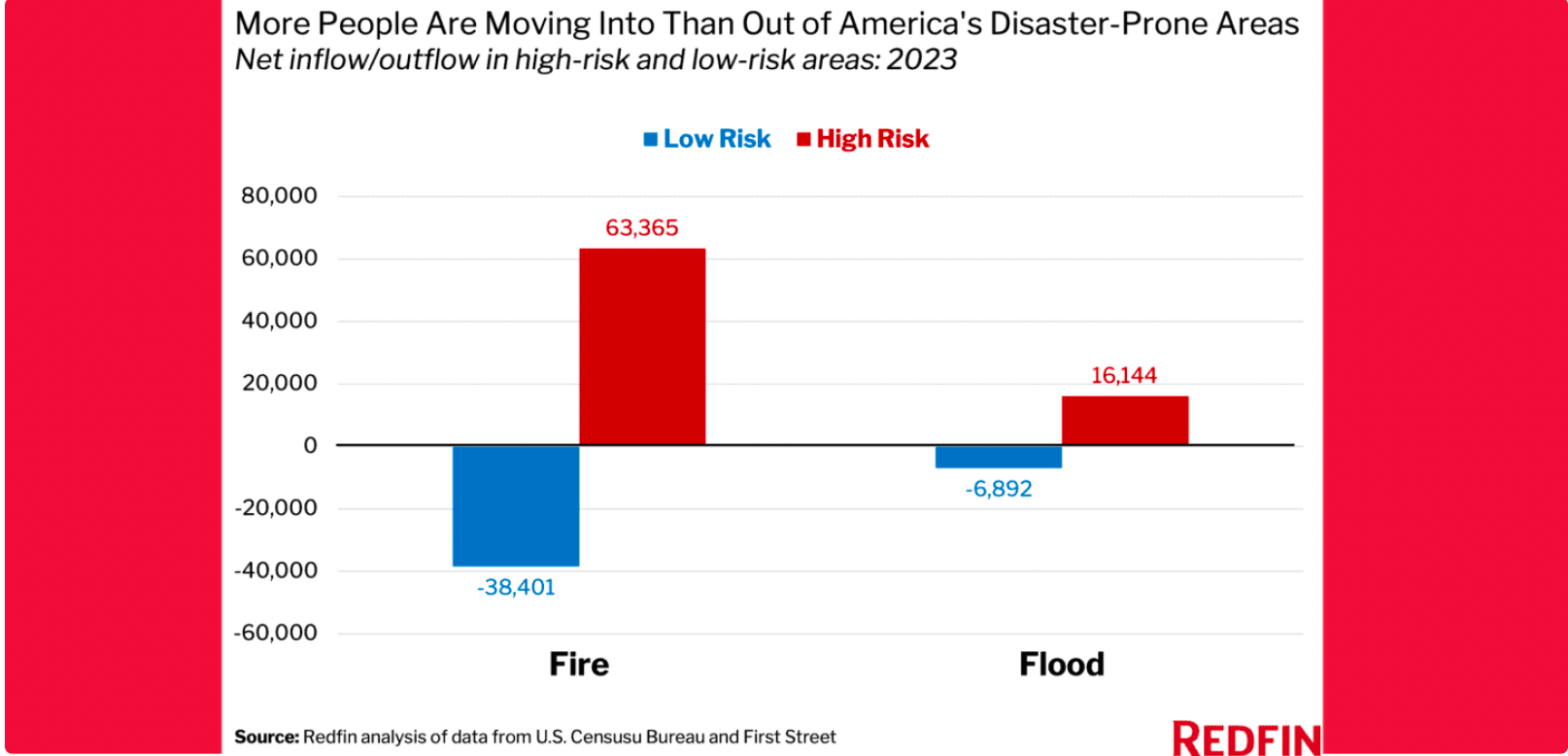
Indeed, a separate panel at YIMBYtown explored the effects of climate change on home insurance.
“We are marching steadily towards an uninsurable future in this country," said Dave Jones, who served as California's Insurance Commissioner from 2011-18 and now runs the Climate Risk Initiative at UC Berkeley. "The trend is all in a bad direction."
That's already practically a reality in Florida, whose highest-in-the-nation home insurance rates are prompting people to move. Granted, California has more than its own climate/insurance problems.
The good news, however, is there are signs of progress on housing in blue states. The most notable development that's got everyone at YIMBYtown buzzing is the recently-approved SB 79, a bill in California that will force cities and towns to allow more apartments near transit stops.
Please tell your friends to get their own subscription to the Austin Politics Newsletter!



